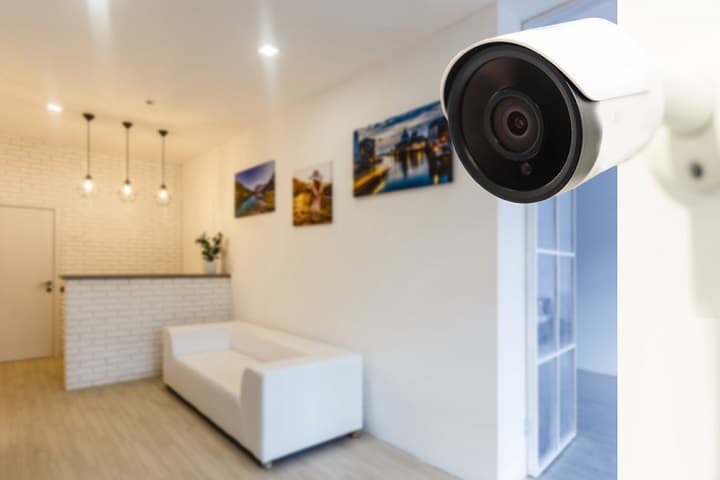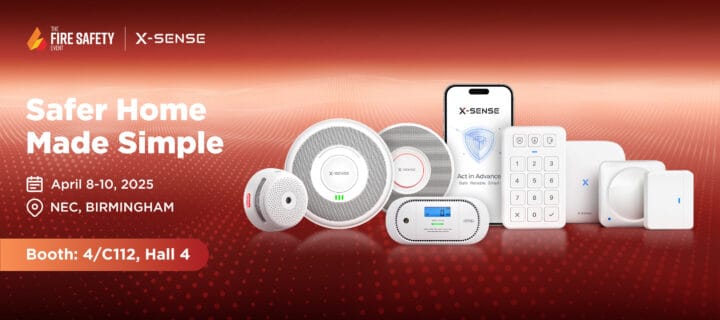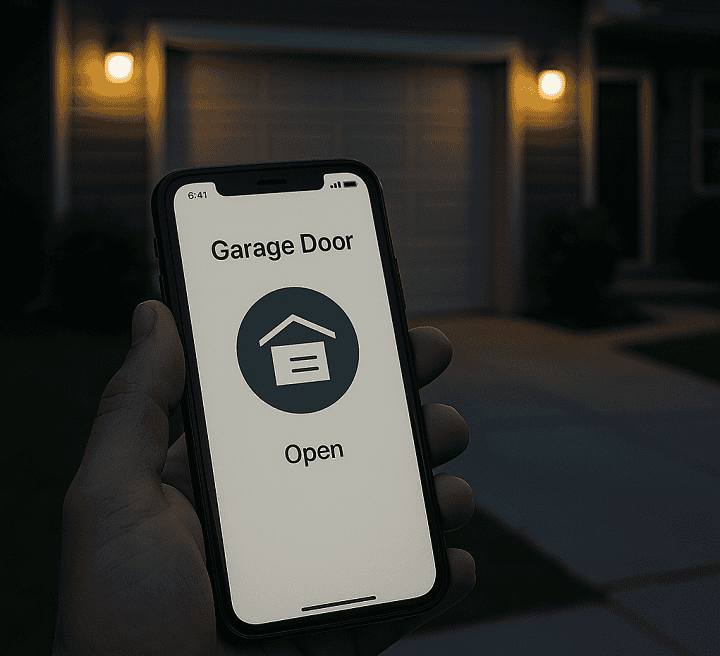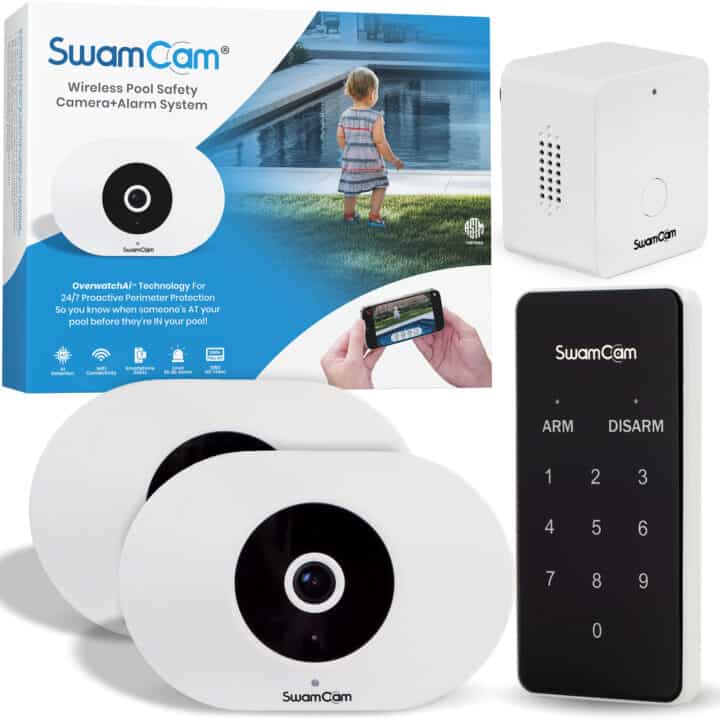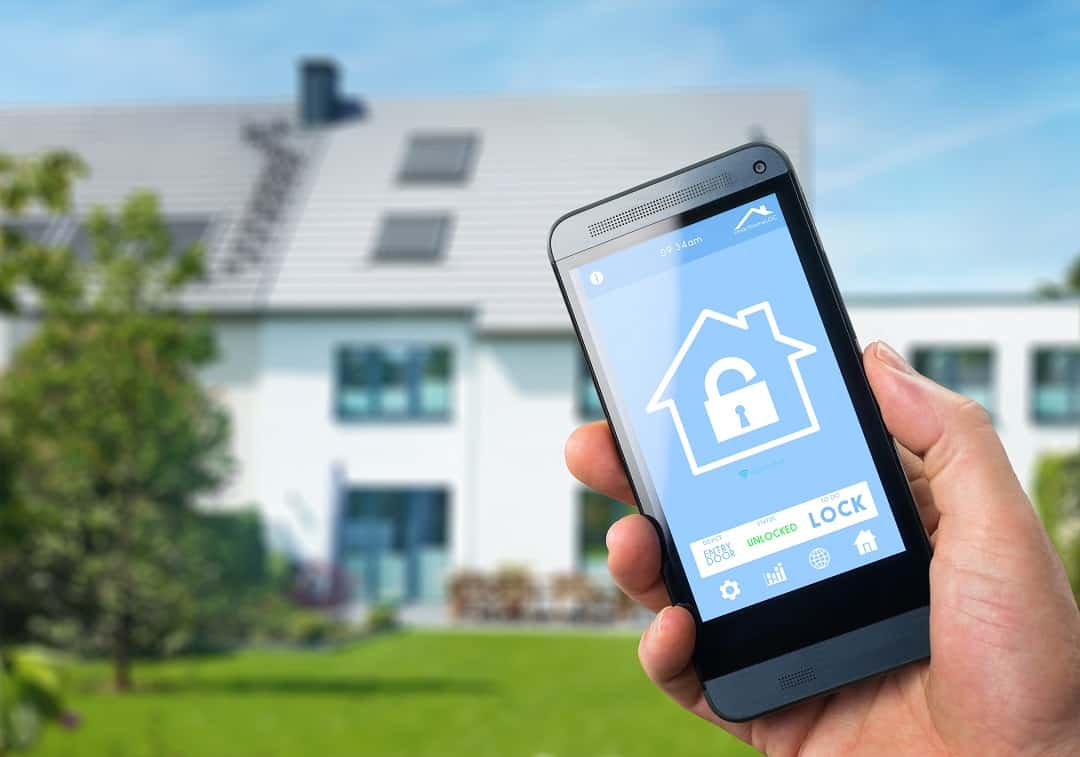There have been multiple news reports about smart home security feeds being shared with the wrong people. There have also been reports of companies that you trust to store your recorded videos using them inappropriately; employees viewing your videos, videos being shared that shouldn’t be, and more. Incidents like this can be pretty off-putting when you consider having smart security cameras in your home. But they don’t have to be.
Enter the NVR.
A Network Video Recorder, or NVR, is a critical component in modern security camera systems. This device records and stores video footage from networked cameras, typically over an IP network. Using a local NVR allows you to securely store and manage your security camera recordings, without needing to use some third party’s cloud service. This post will go over what a NVR is, and why you really should use one with your smart home cameras.
Understanding Network Video Recorders (NVR)
Network Video Recorders, commonly known as NVRs, are devices that are used to record video footage from security cameras over a network. They are specifically designed to work with IP cameras, capturing the video data that is transmitted on the network. An NVR system typically includes a software program that allows for the recording, monitoring, and management of multiple cameras simultaneously. Unlike older recording technologies, NVRs do not require a direct connection to the cameras and can work over ethernet or Wi-Fi. They can be set up to store video footage on various types of storage media, such as hard drives, solid-state drives, or network-attached storage. Features may include remote accessibility, allowing users to view live or recorded footage from different locations via the internet.
NVR vs DVR
When comparing an NVR to other recording solutions such as Digital Video Recorders (DVRs), there are key differences. DVRs are designed for analog cameras and require direct connections to the cameras through coaxial cables. DVRs convert the analog signals to digital for recording.
In contrast, IP cameras simply feed a digital stream to your NVR. This makes these cameras easier to install as well as take fewer resources on the recorder since the feed is already digital. However, NVR systems may require a more robust network infrastructure to handle the extra data needed for high-definition video.
Can a NVR make my camera smart?
Some NVR setups can make “dumb” smart cameras smarter. They do this by taking the incoming video feed from the cameras and applying motion detection, people detection, alerts, and more to the incoming video. It doesn’t make your camera smarter per-se, but it allows you to have smart features from the feeds coming from dumb cameras.
One bad thing about this is that it takes resources on the NVR to process these videos and apply the logic to detect motion, people, etc. This can cause slow downs if you are doing it with more feeds than your NVR can handle.
In general, we recommend looking for cameras that have the smart functionality onboard, and that can also feed to an NVR. This allows the camera to handle the detection and alerts, and your NVR to just do what it does best, record video.
What Cameras work with a NVR?
Knowing which camera can work with a NVR can be a bit tricky. It can depend on brand, codecs, and if the camera can even provide a local feed for the NVR to connect to. We recommend that you research your chosen NVR to determine which cameras it is compatible with ( or research your cameras to find if they can work with a NVR! ) before making any purchases.
In Summary
A Network Video Recorder (NVR) is a critical component of a modern security camera system, designed to store and manage video footage collected by IP cameras. It enables users to record and view live video feeds, as well as playback recorded footage, all through a network. The NVR system offers flexibility and scalability, allowing for remote access and easy integration with other security measures. Its use in various settings, from residential to commercial, reflects its importance in enhancing security and providing peace of mind to property owners. Understanding how an NVR functions and its benefits can guide individuals in making informed decisions about their security system needs.
